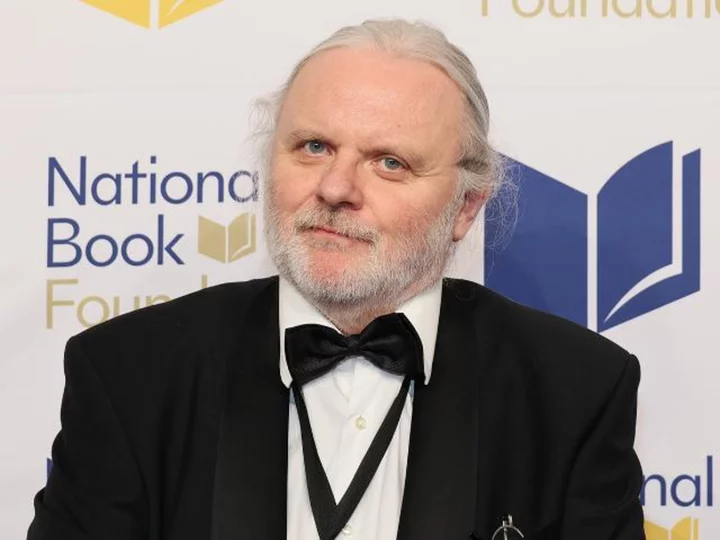The 2023 Nobel Prize in literature has been awarded to Jon Fosse for "his innovative plays and prose which give voice to the unsayable," the Swedish Academy announced in Stockholm on Thursday.
Fosse, 64, was born on the west coast of Norway. His work consists of around 40 plays, as well as a number of novels, poetry, essays, children's books and translations.
The committee lauded the author's style, which has come to be known as "Fosse minimalism."
"Fosse presents everyday situations that are instantly recognizable in our own lives. His radical reduction of language and dramatic action expresses the most powerful human emotions of anxiety and powerlessness in the simplest terms," the committee said.
His magnum opus -- seven works grouped together into a single volume titled "Septology" -- tells the story of an aging painter and widower who lives alone as he reckons with the realities of religion, identity, art and family life.
"Septology" -- which spans some 800 pages -- has been praised for its formal experimentation. Fosse's meditative prose is rarely interrupted by periods or other forms of punctuation, creating an incantatory flow to his philosophical interrogation.
"Fosse combines strong local ties, both linguistic and geographic, with modernist artistic techniques," the committee said, listing the Irish playwright Samuel Beckett and the Austrian poet Georg Trakl among those who influenced his style.
"While Fosse shares the negative outlook of his predecessors, his particular gnostic vision cannot be said to result in a nihilistic contempt of the world. Indeed, there is great warmth and humor in his work, and a naive vulnerability to his stark images of human experience," the committee added.
The choice of Fosse as this year's laureate will do little to counter criticism from those who say the committee rewards European writers at the expense of authors in other continents.
Male writers have also historically dominated the award: Of the 120 laureates in literature, only 17 have been women.









